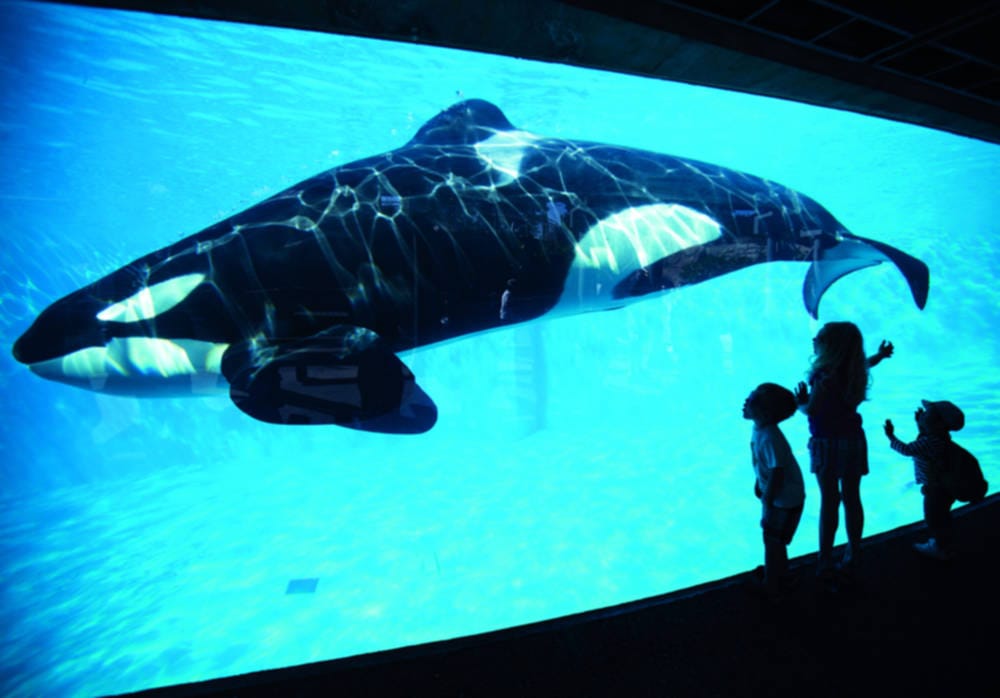Documentary corner: Blackfish
Our regular film column

Back in November of last year I wrote one of my first ‘Documentary Corner’ features on the film The Cove – a powerful environmentalist piece which showcased the grim reality of dolphin and whale hunting in Japan. As I mentioned in that review, The Cove remains one of a relatively small list of documentaries which have made me properly address and re-think some of my own opinions and actions. One section of the film which really stood out to me was the discussion of where dolphins and whales who were caught in the wild were sent: ocean parks, it seems, pay top dollar for healthy Cetaceans to showcase, with little concern over their wellbeing. Therefore, it’s probably fair to say that my opinion of places like SeaWorld was already quite low going into this week’s film, the 2010 Oscar-winner Blackfish; it doesn’t get any better.
Here, the focus is entirely on these parks, and the multitude of ethical and safety issues they pose. Through the film, we track the life of one captive whale, Tilikum, and the viewer really gets to see the increasing mental toll that captivity takes on his wellbeing, as well as the danger he poses to others. What one learns by the time the end credits are rolling perhaps should be obvious from the get-go: Killer Whales are prone to killing. This not-so-shocking revelation is handled with a fitting seriousness, and developed upon with a breadth of stories of trainers being injured or killed at the hands of their orca trainees. Then, come the third act, the focus switches to outlining the lengths these water parks will go to cover this all up.
The investigative journalism performed by the film is perhaps its strongest feature: for each attack showcased, several close friends and colleagues of the trainer affected are interviewed – often the same faces return for multiple cases – giving a genuine emotional edge to the reporting, that never feels manipulative. Interestingly, most of the people interviewed are ex-trainers at places like SeaWorld. Footage of them in their younger years, bright and enthusiastic, training with some of the eventual victims, is effectively juxtaposed with footage of them today – older and more experienced. What they – as well as the audience – now understand is that the supposed ‘connection’ they had with their whales was never real.
As a film with a message, Blackfish is a masterclass. But unlike many similar films, it actually managed to spur on real-world change, playing an essential role in getting SeaWorld to announce the cancellation of its orca breeding programme.
It’s rare to see a single film have that much effect. We can only hope this will see an end to whale shows too. As I have mentioned before, I don’t necessarily mind a documentary with an agenda, provided it doesn’t twist the truth and (most importantly) isn’t boring. Blackfish is not only a vitally important film, but one that is gripping and interesting from start to finish.






